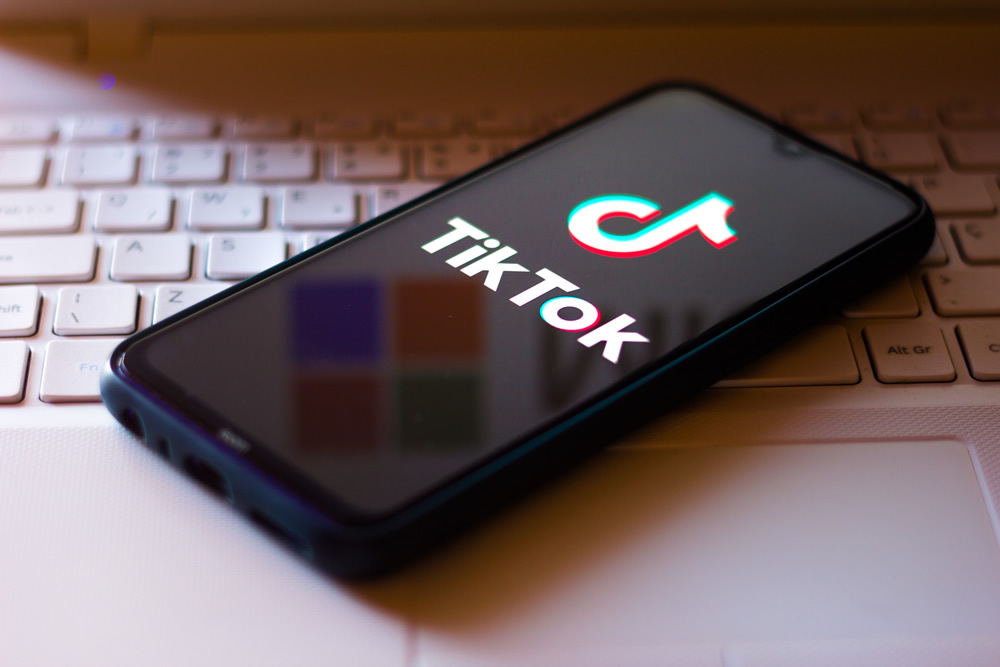Experts fear other social platforms may follow
By: David Bland
The loss of TikTok as a potential tool for reaching the dynamic Gen Z market is a blow to the channel.
Most concerning to direct sellers and the DSA is the prospect that TikTok’s decision will act as a bellwether for platforms more vital to the direct selling channel, such as Facebook and YouTube.
The social media platform TikTok took the direct selling channel by surprise in December 2020 when it announced a sweeping addition to its community guidelines that included a ban on multi-level-marketing content. It is the first online social platform to place an outright prohibition on direct selling and MLM activity.
This content is restricted to site members. If you are an existing user, please log in. New users may register below.


